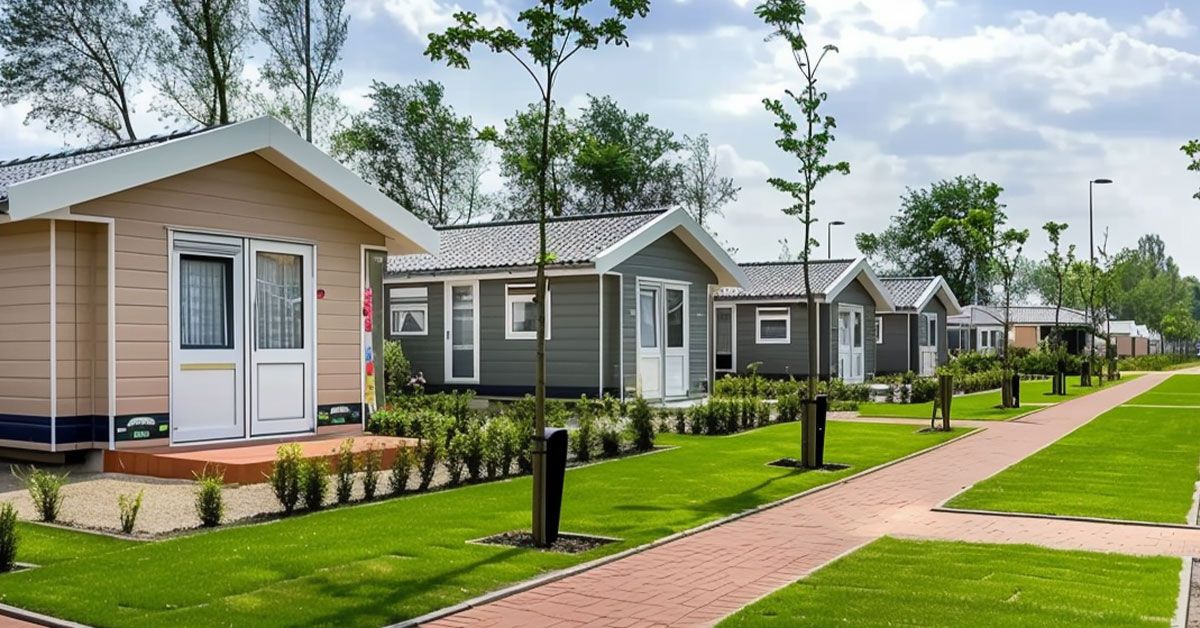Finding a place to call home that fits comfortably within one's budget is a universal challenge, particularly for those with limited or fixed incomes. Apartments for rent based on income offer a solution, providing affordable housing options tailored to meet the needs of individuals and families with varying financial circumstances.

Introduction to Income-Based Apartments
Income-based apartments, also known as affordable housing or subsidized housing, are rental units where the rent is calculated as a percentage of the tenant's income. This model ensures that housing remains accessible to those who might otherwise struggle to find suitable accommodations.
The Concept of Rent Calculation
The rent in these apartments is typically determined by applying a standard percentage—often 30%—of the tenant's adjusted gross income. This percentage is used to calculate the amount that a household can reasonably be expected to contribute towards rent and utilities.
Eligibility and Application Process
Eligibility for income-based apartments is usually contingent upon meeting certain income requirements relative to the area's median income. The application process typically involves:
1. Income Verification: Providing documentation to verify income levels for all household members.
2. Background Checks: Some apartments may require a criminal background check to ensure the safety of the community.
3. Credit Checks: A review of the applicant's credit history to assess financial responsibility.
4. Documentation: Submission of identification and proof of income for all adults in the household.
Benefits of Income-Based Apartments
Income-based apartments offer several benefits that make them an attractive option for those in need of affordable housing:
1. Affordability: The most significant advantage is the assurance that rent will be affordable, based on the tenant's income.
2. Stability: Once approved, tenants can enjoy the stability of a long-term lease without the fear of sudden rent increases.
3. Community: Many income-based apartments foster a sense of community among residents who may share similar financial backgrounds and life experiences.
4. Location: These apartments can be located in various neighborhoods, providing opportunities to live in diverse areas.
Challenges and Considerations
While income-based apartments offer numerous benefits, there are also challenges to consider:
1. Limited Availability: Due to high demand, there may be long waiting lists for these apartments.
2. Income Restrictions: Some individuals or families may not qualify if their income exceeds the set limits, even if they face financial hardships.
3. Stigma: Unfortunately, there can be a social stigma associated with renting based on income, which may impact a tenant's sense of self-worth.
Finding the Right Apartment
To find an apartment for rent based on income, potential renters should:
1. Research Local Resources: Utilize local housing authorities and non-profit organizations that specialize in affordable housing.
2. Online Platforms: Use online databases and listings that filter apartments by income requirements.
3. Visit Communities: Tour potential apartments to get a feel for the neighborhood and the living conditions.
The Role of Government and Non-Profits
Governments and non-profit organizations play a crucial role in providing and managing income-based apartments. They work to ensure that these housing options are not only affordable but also meet certain quality standards.
Conclusion
To sum up, apartments for rent based on income serve as a vital resource for those seeking affordable housing solutions. They offer a chance and opportunity for individuals and families to secure stable, comfortable living spaces that align with their financial capabilities. While challenges such as availability and stigma persist, the benefits of affordability and community support make income-based apartments a valuable option for many. As society continues to address issues of income inequality and housing affordability, the role of income-based apartments is likely to grow, providing essential and vital support for those people in need.











